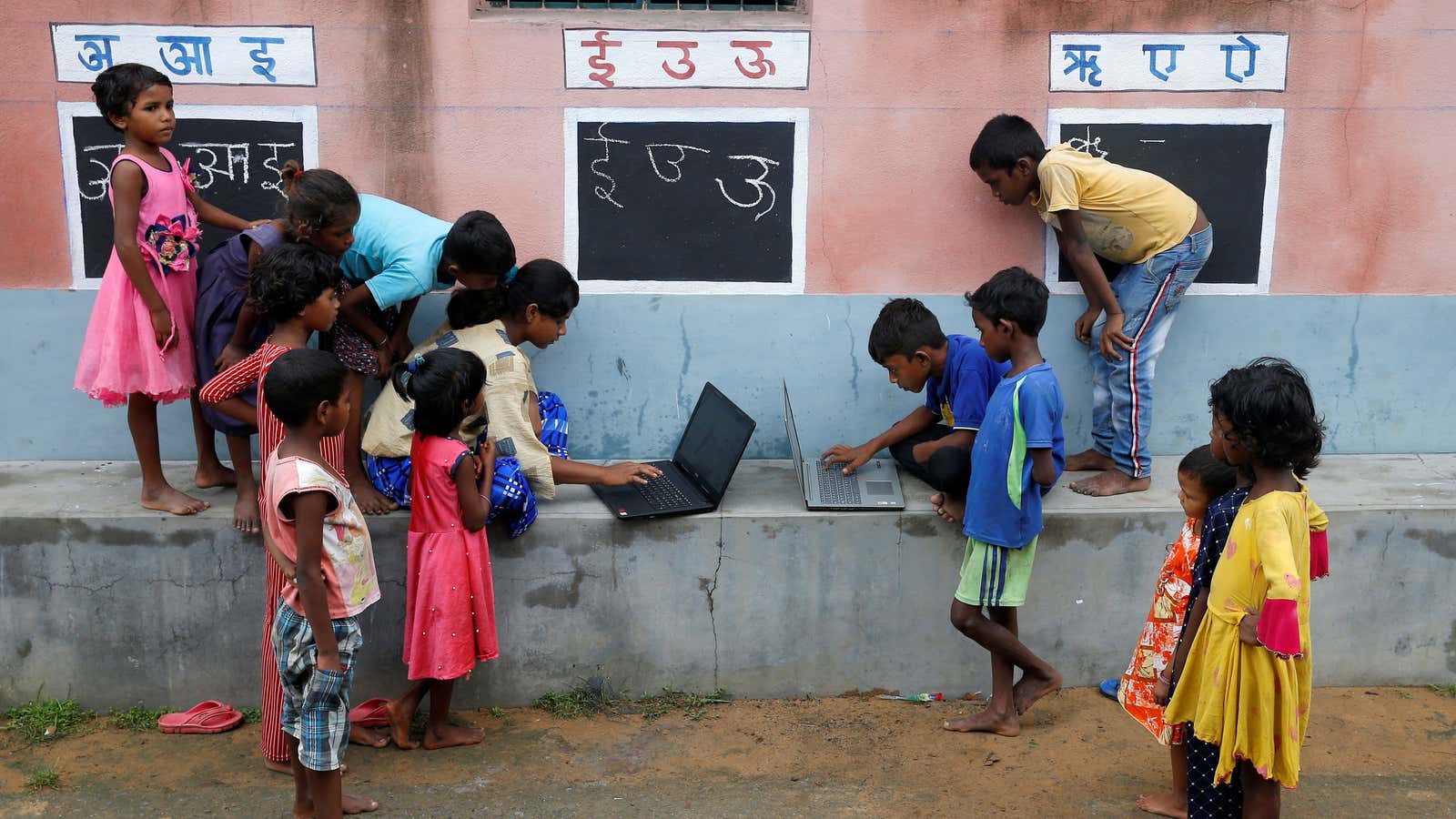This post has been updated.
Byju’s financial statements appear to be lost in space.
The auditing arm of consulting firm Deloitte hasn’t signed off on the edtech firm’s financial statements for the year ended March 2021, The Ken has reported. The company has not submitted the financial reports for the next year either.
While the behemoth has brushed aside concerns, if it fails the financial litmus test, it could spook the entire $3.5 billion Indian edtech industry, including seasoned investors and upcoming founders.
Are Byju’s finances flawed?
Not only is Byju’s late in filing, its books are also likely to reflect several discrepancies.
“Accounting issues, onerous lending arrangements, and a constant need for cash are all in play,” the Ken summarises in its account citing eight anonymous sources, which include executives at Byju’s, venture capitalists (VC) and investment bankers with knowledge of the matter.
The numbers reportedly seem fudged in more ways than one: For instance, bundling hardware like memory cards and tablets in its revenue calculations may possibly be inflating them. These sales accounted for 63% of its revenue in 2020, up from the 55% the previous year.
Then, Byju’s and its controversial subsidiary WhiteHat Jr apparently draw loans to keep prices affordable, and in some cases, offers a 100% default guarantee to lending partners. This risky practise is frowned upon.
“We would also like to highlight that securitization and First Loss Deposit Guarantee (FLDG) are accepted industry practices,” Byju’s said in a statement. “Were it not for FLDG, the majority of consumer parents would not have been able to raise personal loans from banks and financial institutions at affordable rates.”
Byju’s says the late filings aren’t cause for concern
Valued at a whopping $22 billion, Byju’s has raised over $6 billion in its 12-year lifetime. The online learning platform for K-12 students has expanded to new geographies, including the UK, Australia, Brazil, Indonesia, and Mexico.
It’s also been on an acquisition spree since the pandemic, lapping up not just e-learning companies but also professional skilling and augmented reality startups. It’s eyeing a public market debut at a massive $48 billion valuation soon.
The delay is not a red flag, the giant told The Ken. These numerous acquisitions are reportedly being examined thoroughly and the lack of audit bandwidth for the company has scaled up rapidly. “If you wait a few days, you will actually see that report,” a company spokesperson said.
